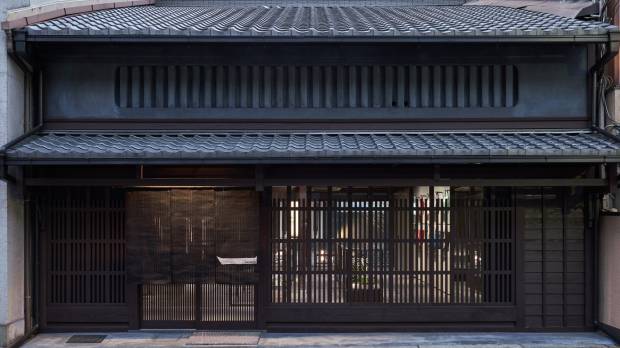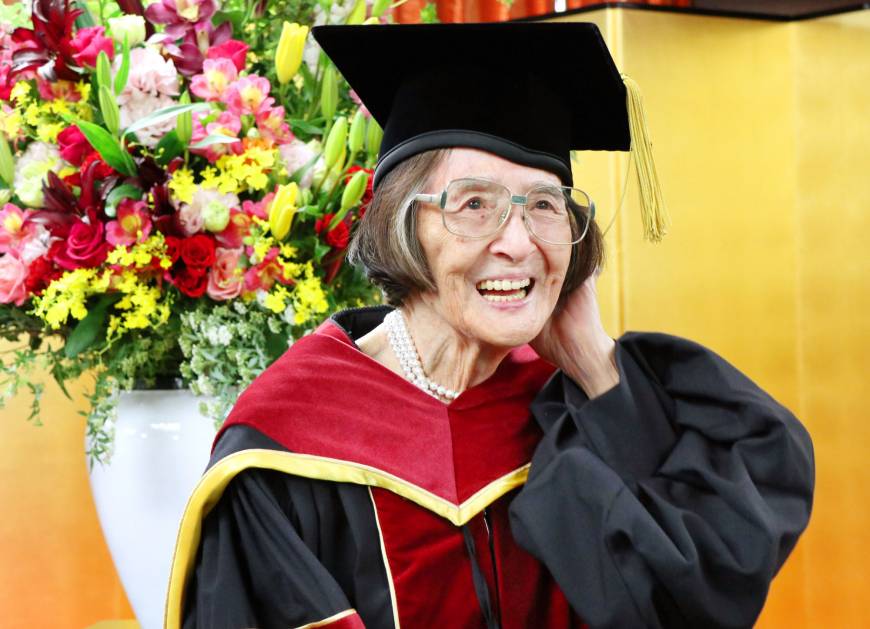這樣的情景曾是一個土地所有者夢寐以求的。一條正在修建的通往大東京地區的干道,一小塊沒有其它大用、灌木叢生的草地正好處於乾道的必經之路上。只需一些勇氣,外加一位能幹的律師,日本國土交通省就不得不支付徵地補償。
日本國土交通省土地建設產業局的正本一郎(Uichiro Masumoto)說,事實上,有一個頑固的土地所有者反而好一些。現實情況要糟得多:根本找不到土地所有者。上面說的那塊土地最後的登記時間是1904年,所有人是一位出生於明治天皇時期的女性。
官員們鑽進歷史檔案中尋找。他們最終找到了148位繼承人——這只是麻煩的開始,因為其中有八人已經移民國外了。後來在發出了近200封信函並進行了多次走訪後,政府放棄了。一家法院裁決道路施工繼續向前推進。整個過程耗費了三年的時間。
正本遇到的修路障礙,只是人口老齡化和城市化的日本面臨的一個日益嚴重的問題的縮影。土地曾經是封建財富,今天仍受到不可動搖的財產權的保護,但現在有些土地卻變得一錢不值,所有者棄之而去。
逾20%的日本土地,相當於丹麥的國土面積,沒有可以立即聯絡到的所有人。預計到2020年,這類土地的面積將超過愛爾蘭的國土面積——對於政府以及建築和地產行業而言,這是一個不斷蔓延的噩夢,因為,如果沒人知道土地的所有人是誰,那麼除了亂倒垃圾的人以外,誰都無法使用它。
森林中的道路無人維護,太陽能發電廠成為爛尾項目,財產稅收不上來。根據一民間無主土地工作小組統計的數據,到2040年,由此造成的經濟成本將從每年1800億日元(合16億美元)上升到3100億日元。
“過去,隨著日本人口在這些面積狹小的島嶼上不斷膨脹,每一塊土地都很珍貴,”上述工作小組的負責人、曾任岩手縣知事的增田寬也(Hiroya Masuda)說,“隨著人口減少,越來越多的土地沒有了使用的機會。”
日本人口在2017年減少了40.3萬。按照目前的趨勢發展下去,到2065年總人口將從1.265億降至8800萬,到2115年僅剩下5100萬。農村地區的降速最快,青森、秋田和岩手等北部縣份的人口每年減少約1%。
增田說,2011年海嘯過後,無主土地成了一個大問題,當時岩手縣試圖尋找土地搭建臨時住所。他講述了自己的一次親身經歷。當年岩手縣要修建一條公路,但前提是必須找到一個在二十世紀五十年代移民到巴西的土地繼承人。日本駐巴西大使館多方搜尋無果。他說:“我們最終放棄了,公路改道。”
偏僻山谷中的小塊田地、內陸地區的陡峭山林,或者這些地區的郊區住宅用地,現在都不值什麼錢了。“如果你擁有或者繼承了這樣的土地,又沒有使用的途徑,那它就成為一個累贅,”增田說,“你還得繳納資產稅,還得維護它。越來越多的人祈求他人拿走他們的土地——甚至不要一分錢。”
今年,日本議會將首次就此問題給出答案:頒布一項法律,允許公共機構以租賃的方式使用無主土地,租約每五年自動更新一次,租金支付給信託,以待業主未來某一天出現。這將解決道路修建時遇到的問題。
但這無助於解決一些土地“所有者不詳”這一根本問題,日本智庫東京財團(Tokyo Foundation)的吉原祥子(Shoko Yoshihara)表示:“並不是沒有業主,只是很難找到。”
問題的根源在於日本的法律體系。土地登記不是強制性的。相反,它是一項民法程序,旨在讓所有者能夠保護其財產權並將資產用作抵押品。沒有登記的土地並未丟失,只是沒有記錄。
過去,所有土地都值錢的時候,土地所有人都進行了登記。但當一塊土地變得不值錢時,繼承人沒有理由去登記他們的所有權,那不過是讓稅務人員知道哪裡能找到他們。再加上日本繼承法效仿法國和德國模式,所有子女都有權繼承父母資產中的法定部分,這導致土地所有權變得非常不透明。
實行強制性土地登記是政府正在考慮的解決方案之一。不過,由於所涉及的成本,吉原懷疑即使這麼做也無法解決問題。她說,“即使這是一項法律義務——如果不能產生經濟效益,每個人都會遵守這些規定嗎?”
最根本的解決方案可能涉及某些更加深刻的東西:日本人與多山島嶼上的房產的關係需要發生根本性轉變。“30年前人們都認為土地是最大的資產,其價值一直在增長,”增田說,“最近,隨著人口下降,人們對土地的態度也發生了變化。但制度並沒有與時俱進。我們需要的不是小調整,而是徹底轉變模式。”
這種轉變可能包括建立一個吉原所說的接納日本無主土地的管理機構。她說,“當一個老人擁有一座山或一塊田地,而他的子女已經搬到東京時,我們需要提供更多的選擇。”
目前,地方政府通常會拒絕接受無價值土地的捐贈,因為需要承擔隨之而來的法律責任和管理費用。但是,他們可能不得不接受,或者政府可以成立一個公共機構來擁有這些土地。這可能會把問題轉變成機遇。在一個日益擁擠的世界裡,對於這些新擁有的大量公共土地,日本能做些什麼呢?





